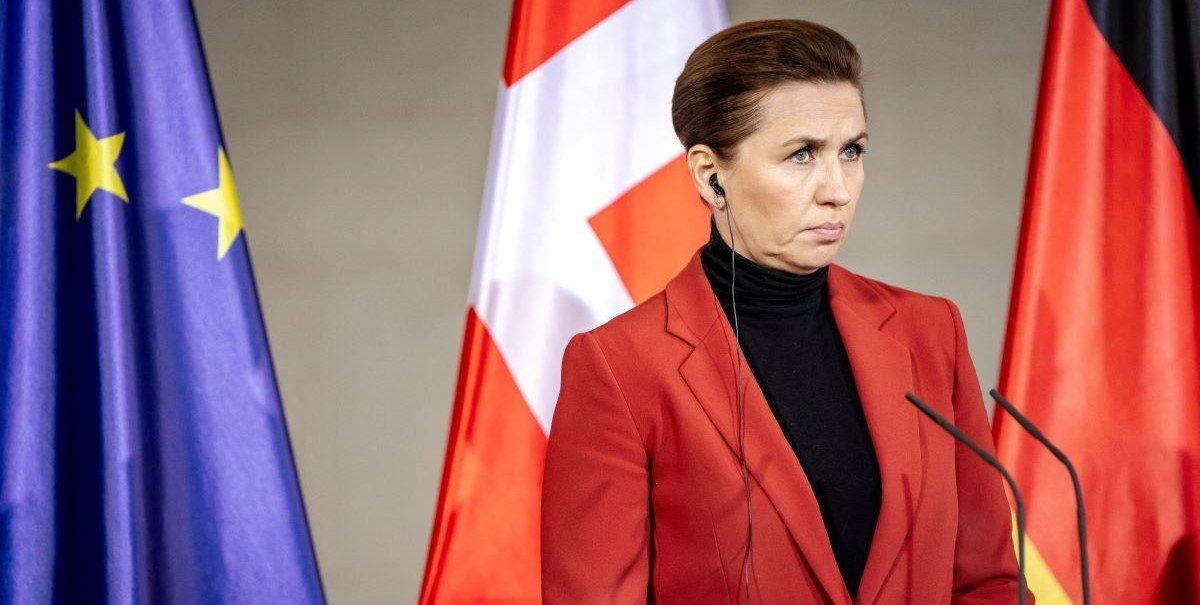Danish Prime Minister
Mette Frederiksenadmitted on Tuesday that she was “happy” with a new poll revealing that 85% of Greenlanders opposed becoming part of the United States. Despite President
Donald Trump’s courting, only 8% say they would accept an American passport over a Danish one if forced to choose, according to a survey for the
Sermisiaq and
Berlingske newspapers. The results follow Frederiksen’s visits to Berlin, Paris, and Brussels to strengthen European solidarity against Trump’s threats. According to local media, the French even considered sending troops to the island, but the offer was
turned down.
Meanwhile, a Greenland independence movement is gaining momentum. Prime Minister Múte Egede recentlytold reporters, “We don’t want to be Danes. We don’t want to be Americans. We want to be Greenlanders.”
But can Greenland go it alone? Denmarkpays roughly $800 million a year to Greenland – making up half of Greenland’s government revenue. While only 57,000 people live on the island, the population maintains a high standard of living like their Nordic neighbors. An independent Greenland would still need economic and security support thanks to existing and rapidly developing external pressures.
If the United States made an aggressive move for the island, Trump would face more than just retaliation from the Danes and Europeans: Other major players, namely China and Russia, could respond aggressively to protect critical shipping routes.
On Wednesday, Danish MEP Morten Løkkegaardsuggested Greenland rejoin the European Union for “protection” from Trump’s threats. He said, “The situation has changed dramatically” since 1985, when the country officially left the European Communities byreferendum vote. Rejoining the EU would mean more support for economic development and security, as well as geopolitical influence.
Trump’s saber-rattling provides a new opportunity for Greenlanders to rethink their stance on European integration … and, perhaps, a way for Europe to strengthen its influence in the Arctic.
